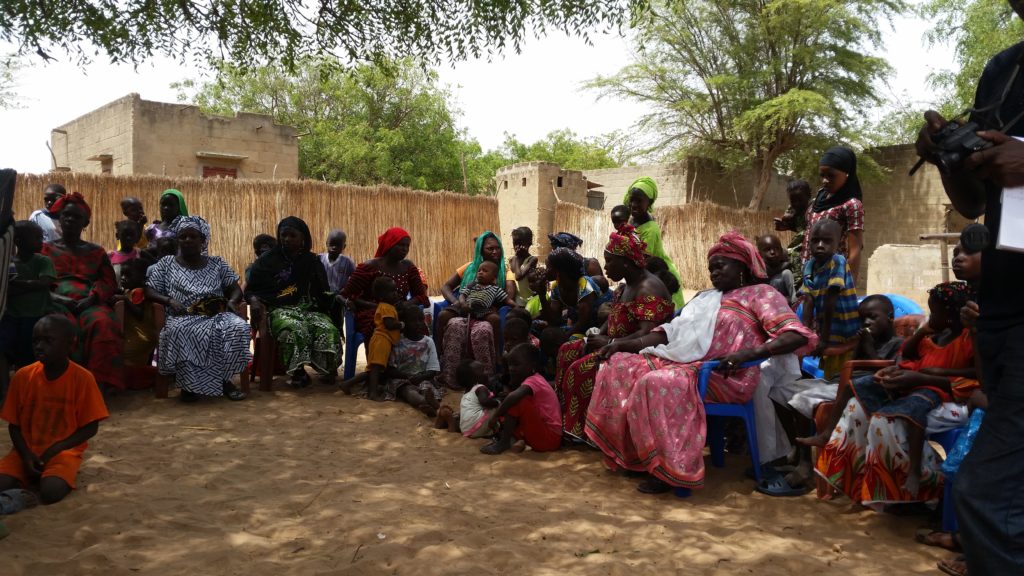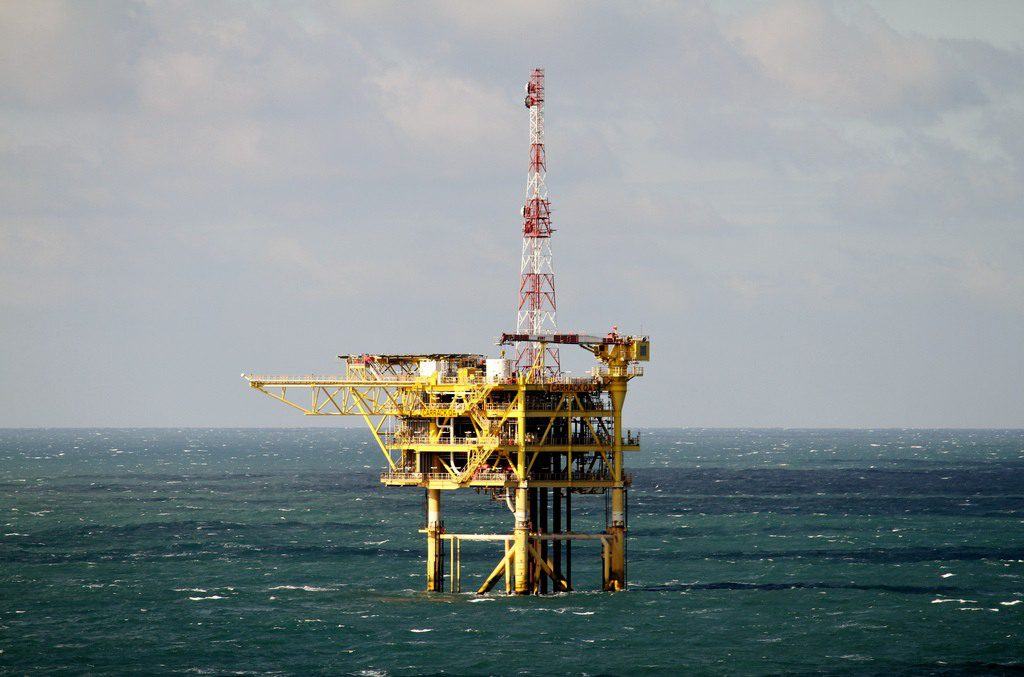Our strategy
PWYP’s 2020-2025 strategy defines the path to a world where everyone benefits from its natural resources. We press governments to regulate natural resource extraction openly and responsibly, so that companies operate within effective governance frameworks and civil society has the capacity and freedom to make natural resource extraction work for the benefit of all.
Read our strategy

